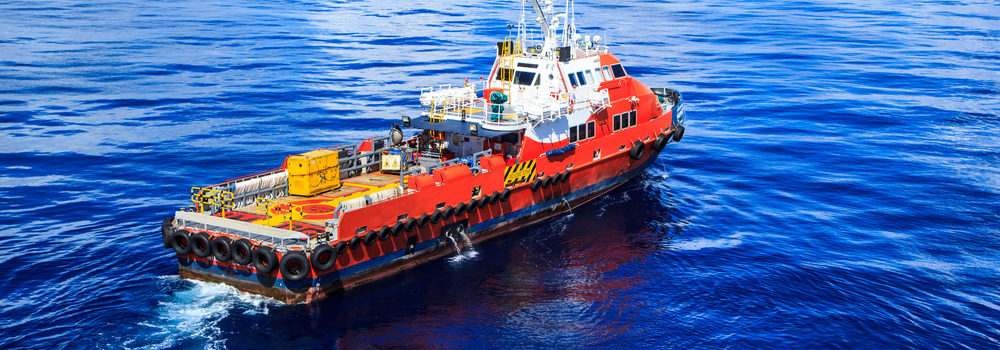February 10, 2017

The laws protecting those that work on the water are complex and challenging to navigate. For the most part, courts now use maritime and admiralty law interchangeably, but initially, admiralty law addressed disputes involving torts and contracts on the high seas. Maritime law grew to address all other legal issues that occurred on the high seas or other “navigable waters.” Torts are legal wrongs, oceans that are beyond the jurisdiction of a country are called the high seas, and navigable waters refers to any body of water that can facilitate commerce between countries, states, or cities.
Can you file a claim under maritime law?
Admiralty or Maritime law was created to protect workers who become injured while performing their job duties. However, for your injury or sickness to qualify you must be able to answer yes to all three of the following questions:
- Was a vessel involved?
- Did the incident occur while on high seas or navigable waters?
- Did the accident or sickness occur while you were performing your job duties?
Unfortunately, jurisdiction is rarely a clear-cut matter in maritime cases. For instance, the terminology “vessel” and “navigable waters” are both commonly up for debate. Vessels can not only refer to the actual boat in question, but there is also the nature of the injured parity’s relationship with the vessel when the injury or sickness occurred.
Types of Vessels Involved in Maritime Law Include:
- Crew boats
- Yachts
- Dredges
- Fishing boats
- Supply or cargo ships
- Tug boats
- Tankers
- Offshore oil rigs
- Crew boats
- Towboats
According to Maritime Law, High Seas and Navigable Waters can include:
- Oceans
- Bayous
- Lakes
- Rivers
- Adjacent Harbors
If you believe you have a claim under maritime law, we highly encourage you not to attempt to navigate it’s complex and controversial waters alone. Their murky depths hide many dangers, and it is important to have an experienced Alaska maritime lawyer at your side to navigate you through to a favorable conclusion. It is worth the time to do a consultation to see if you have a claim.
